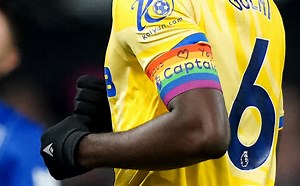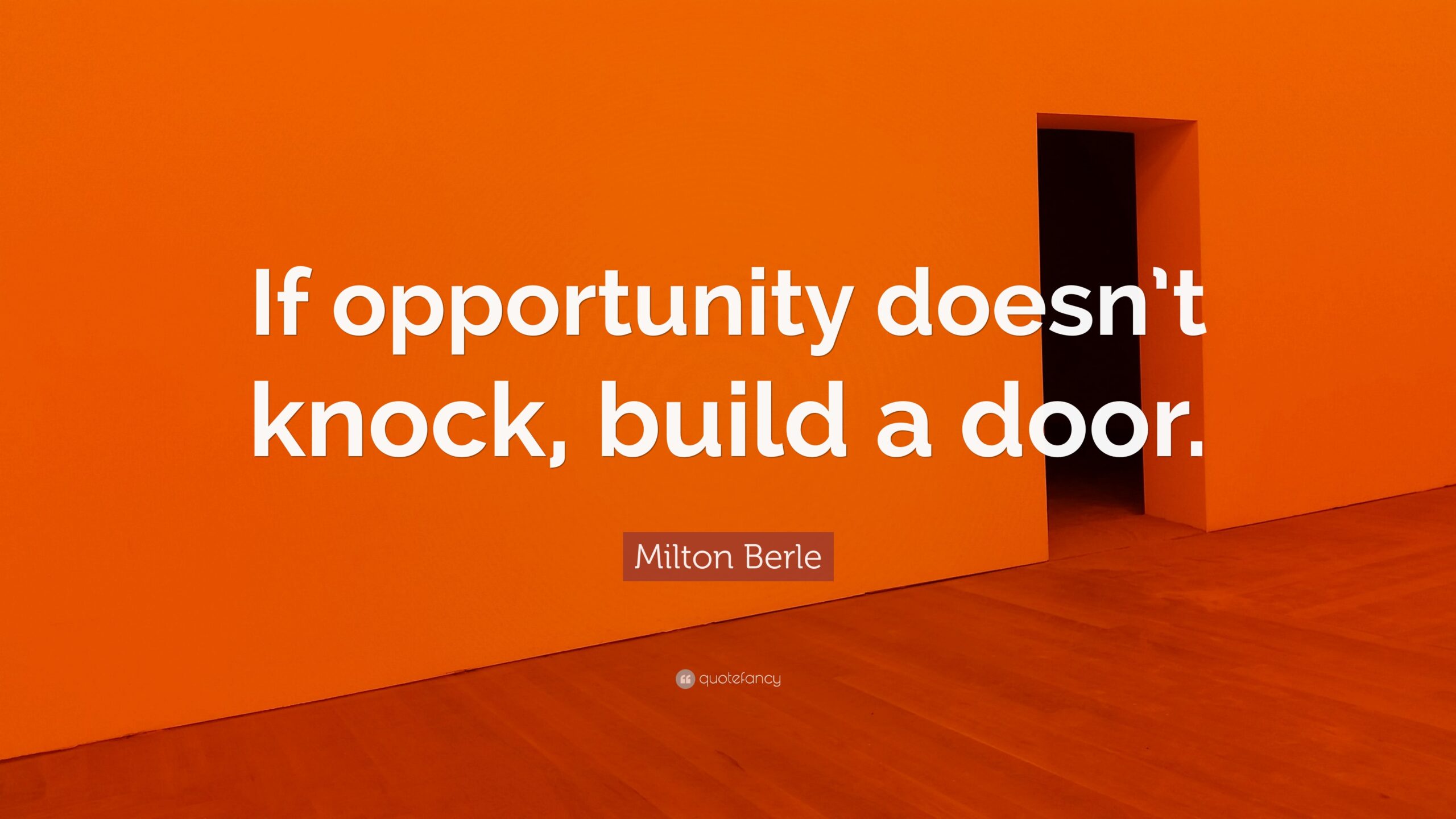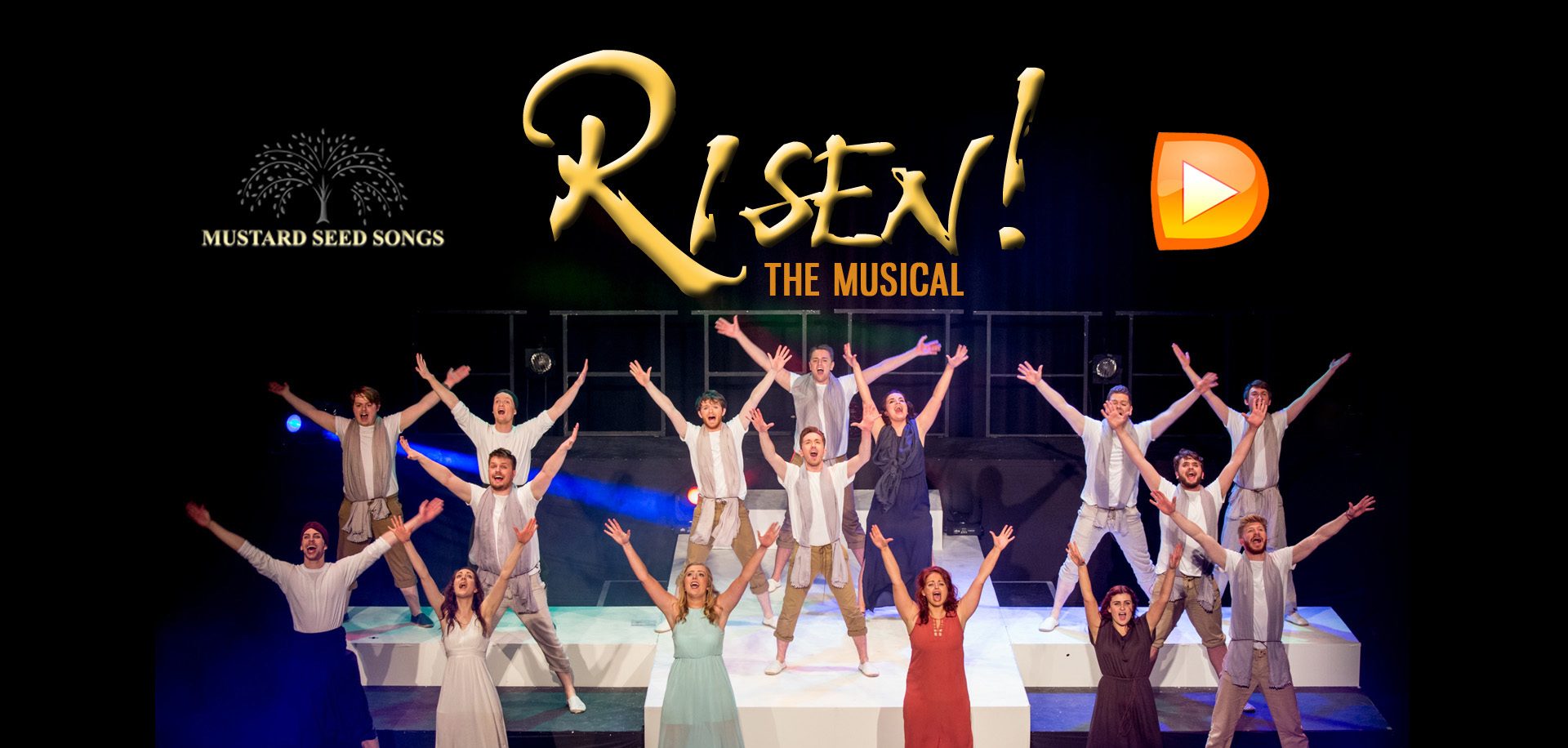
How Can I Love You More? featuring Lucy Stimpson- Maynard from the album Love is the Way recorded and produced by John Hodgkinson
I am not making any judgments over the issue of Crystal Palace football captain Marc Guéhi, who by adding ‘Jesus ❤️ U’ to his rainbow armband, sparked a conversation about football’s commitment to equality and diversity – whether that’s religious beliefs or sexuality and gender. In the article below I believe Christians in Sport’s Graham Daniels is also not judgmental but offers a very balanced view; worthy of sharing. Daniel’s writes:
In the world of professional football, where passion and extreme public attention collide, Crystal Palace captain Marc Guéhi has started an essential conversation about faith, identity and expression.
Guéhi, an England international, recently made headlines by adding “Jesus ❤️ U” to his Rainbow Pride captain’s armband, a bold move emphasising his beliefs while navigating the complexities of inclusivity in sport. His actions in the game against Newcastle reflect a courageous stand that transcends what we usually expect of footballers but led to a reprimand from the Football Association (FA). Undeterred, he adapted his message for the subsequent game against Ipswich Town, changing it to “Jesus ❤️ you”.
The FA has established guidelines that permit “initiative slogans/emblems promoting the game of football, respect, and integrity” while explicitly prohibiting “political, religious, or personal slogans, statements, or images”. This creates a complex landscape for athletes like Guéhi and the Ipswich Town captain, Sam Morsy.
Morsy, a Muslim, chose not to wear the Rainbow Pride armband—making him the only captain in the Premier League to do so. His choice was generally respected without penalty, Guéhi’s addition of a personal message raises questions about the boundaries of self-expression within the sport.
CHRISTIAN ATHLETES FACE THE CHALLENGE OF EXPRESSING THEIR FAITH WHILST BEING INCLUSIVE OF THEIR TEAMMATES
Support for Guéhi has surfaced from unexpected corners. His manager, Oliver Glasner, has publicly endorsed his right to express his beliefs, stating: “He is no child; he is an adult. He has his opinion, and we accept and respect every opinion”. This refreshing perspective underscores a necessity for tolerance in football – a value that often appears at odds with the sport’s broader efforts to support LGBTQ+ inclusivity.
As someone who has worked in professional football for nearly four decades, I have witnessed a growing openness among directors, coaches and players regarding their Christian beliefs in the 92 professional clubs in the UK. The foundational position of the majority of Christian athletes balances two critical factors. First, the freedom to express all aspects of one’s faith. Secondly, the desire to play alongside teammates who are good characters and competent players. The first factor demands the freedom to express one’s Christian perspective on sexual ethics, and the second is the willingness to play in a team with another person regardless of their sexual orientation.
These two factors can co-exist. Christian athletes face the challenge of expressing their faith whilst being thoroughly inclusive of their teammates. This is why some Christian players struggle with whether to wear rainbow symbols. They want their choices to reflect their beliefs about human sexuality whilst also supporting inclusivity regarding sexual orientation within their teams.
At its core, the challenge reflects a broader societal struggle. The Christian belief is that every individual is made in the image of God and thus should not be defined solely by their sexual orientation or behaviour. In short, your sexual orientation should have no bearing on whether you should be picked for a football team. At the same time, there should exist a space for advocating traditional Christian beliefs regarding human sexuality without fear of repercussions.
Guéhi’s actions reflect this desire and have ignited a vital discussion about the interplay between personal beliefs and public expression in sport, highlighting the need for dialogue honouring diverse identities. By standing firm in his faith while respecting the LGBTQ+ community’s rights to be fully integrated into professional football, Guéhi is not merely making a statement; he is setting a precedent for future athletes navigating this intricate landscape.
Quote of the Week

